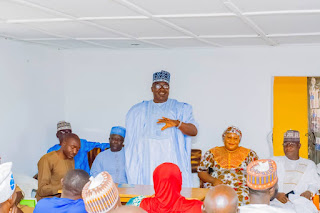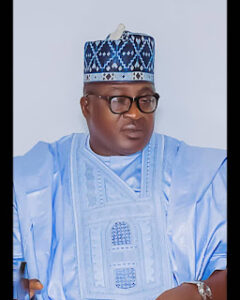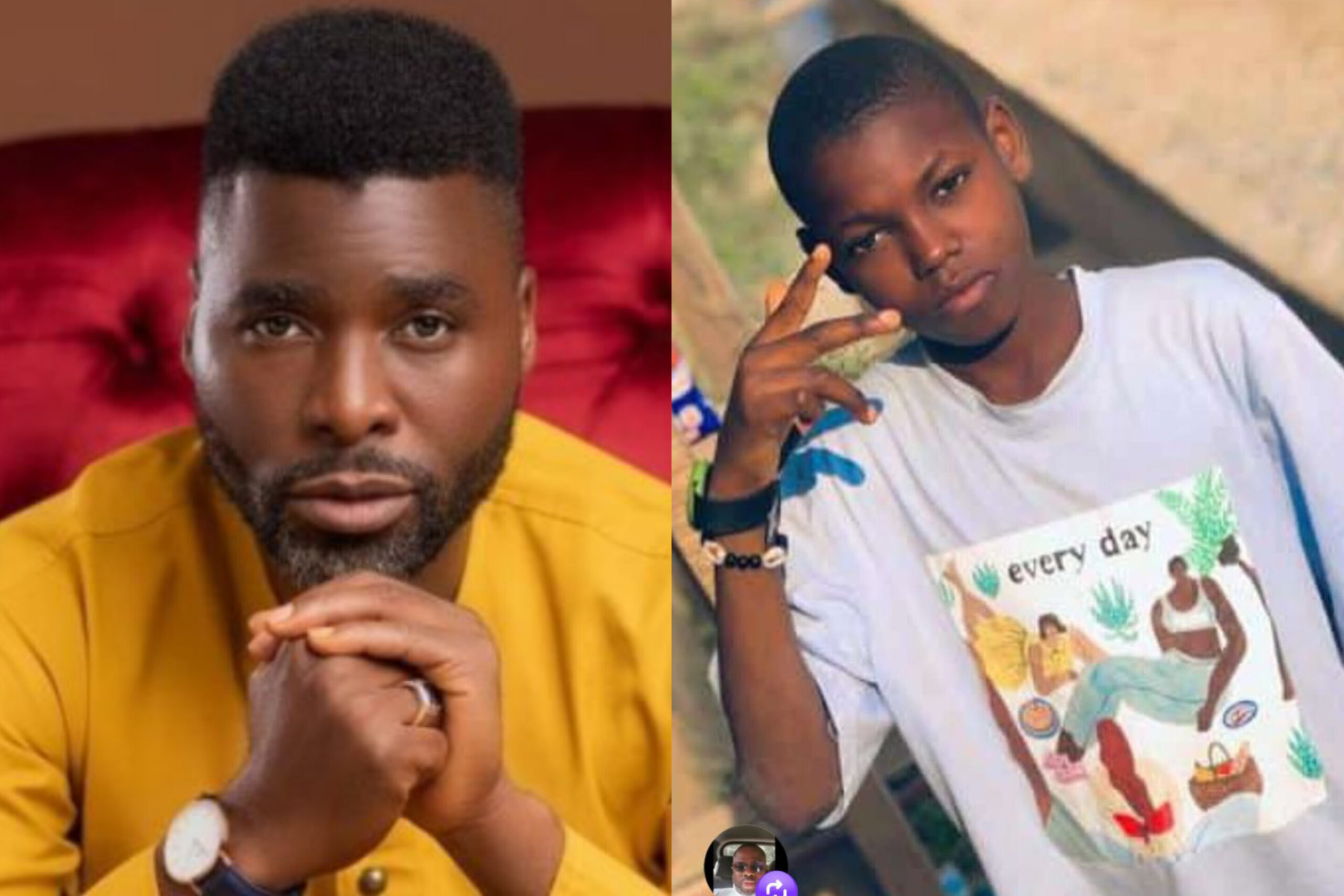The second of two kidnappers that the FCT Minister, Nyesom Wike, had placed a N20 million bounty on, Samaila Wakili Fafa, also known as Habu Ibrahim, has been apprehended by agents of the Federal Capital Territory Police Command.
The Public Relations Officer of the Federal Capital Territory Police, SP Josephine Adeh, in a Statement released on Tuesday, stated that the kidnapper was apprehended at approximately 7:05 p.m. on February 24, 2024, following an operation by agents in Toto, Nasarawa State, who were acting upon reliable information.
Recall that Wike had on Wednesday, February 14, 2024, put N20m bounty on two wanted bandits, Dahiru Adamu and Abu Ibrahim, terrorising Abuja.
He made the declaration when he met the FCT Commissioner of Police, CP Benneth Igweh, during a parade of 23 criminal suspects, at the FCT Police Command Headquarters in Garki, Abuja.
The Anti-Kidnapping Unit of the Federal Capital Territory Police Command had previously arrested Saidu Abdulkadir aka Dahiru Adamu, one of the two wanted kidnappers, after operatives raided two kidnappers’ camps bordering Nasarawa and Abuja via Kuje Area Council on February 15, 2024, at about 12 am.
Adeh in the statement, said the kidnapper confessed that his syndicate masterminded several kidnappings in the FCT and its environs, including the abduction of Barr. Chris Agidy, legal aid to Senator Ned Nwoko and Mr Sunday Yahaya Zakwai, the district head of Ketti Village, both of whom were later killed.
The statement read, “The operatives of the FCT Police Command, in a continued effort against banditry in FCT and its environs, on February 24, 2024, at about 7:05 PM, acting on credible intelligence, stormed Sardauna Forest, Toto, Nasarawa State and arrested one Samaila Wakili Fafa A.K.A Habu Ibrahim, a kidnap kingpin who has been on the wanted list of the Command for a long time and bounty placed on his head by the Hon. Minister FCT.
“The suspect is one of the two kidnappers the Honorable Minister FCT placed bounty on, as the other one namely Saidu Abdulkadir A.K.A Dahiru Adamu, had earlier been arrested by the Command.
“He confessed that his syndicate masterminded and executed several kidnappings in FCT and its environs, including the abduction of Barr. Chris Agidy, the legal aid to Senator. Ned Nwoko and Mr Sunday Yahaya Zakwai, the district head of Ketti Village were later killed by them. Samaila Wakili further led police operatives to where the remains of Barr. Chris Agidy is. The remains were recovered and deposited in Gwagwalada General Hospital.”
The PPRO said investigations were however still ongoing, adding that the FCT Commissioner of Police, CP Benneth Igwe, reiterated his commitment to combatting crime and criminality and ensuring the safety of residents.
“While an investigation is still ongoing, the Commissioner of Police FCT, CP Benneth C. Igweh, psc, mni, wishes to reiterate his unflinching commitment to combat crime and criminality in all its manifestations and to ensure the safety of residents. He equally urges residents to report suspicious activities through the following emergency lines; 08032003913, 08061581938, 07057337653, and 08028940883; PCB: 09022222352”, the statement added.

 BIG STORY4 days ago
BIG STORY4 days ago
 BIG STORY4 days ago
BIG STORY4 days ago
 BIG STORY5 days ago
BIG STORY5 days ago
 BIG STORY2 days ago
BIG STORY2 days ago
 BIG STORY4 days ago
BIG STORY4 days ago
 BIG STORY1 day ago
BIG STORY1 day ago
 BIG STORY1 day ago
BIG STORY1 day ago
 BIG STORY5 days ago
BIG STORY5 days ago






















